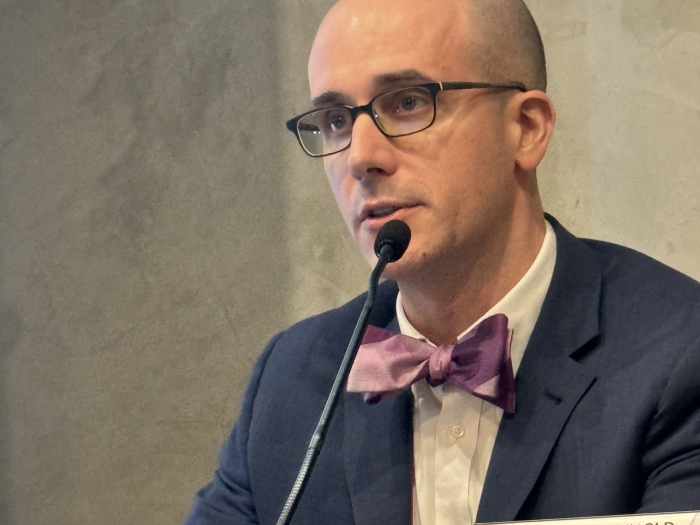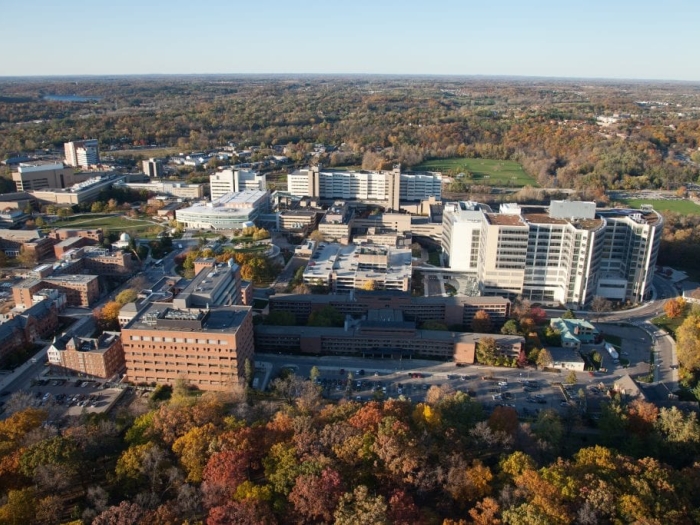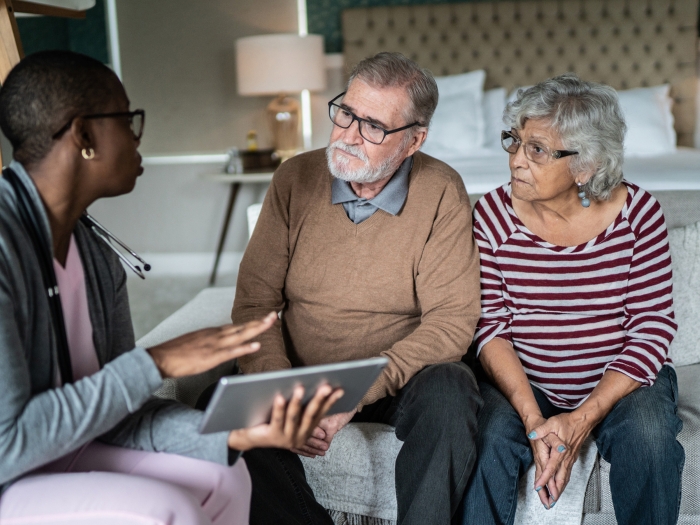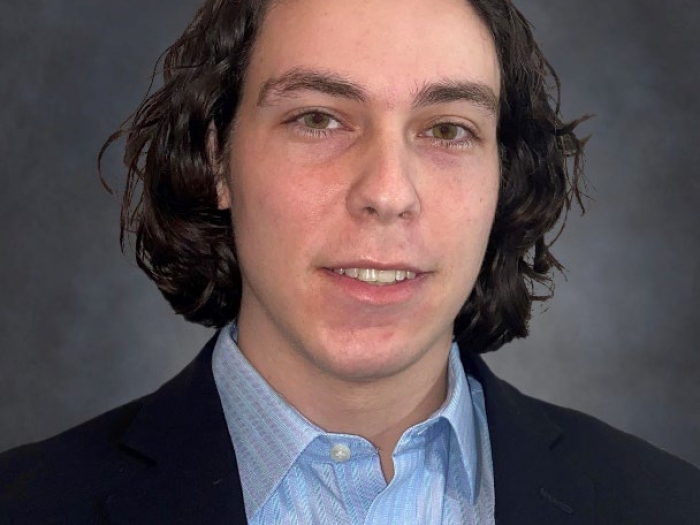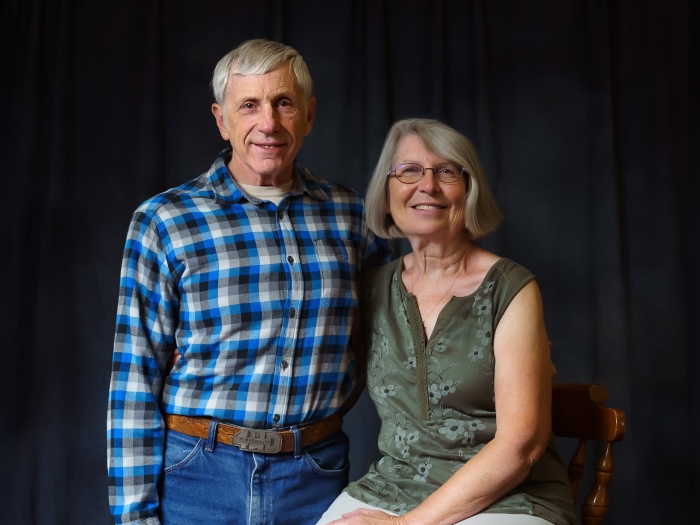On six out of seven days every week for the past few weeks, I woke up and headed to the VA (Veterans Affairs) hospital before the sun came up. I generally didn't mind, though some mornings were harder than others. I arrived at the hospital, checked on the charts of the patients I was following, talked to their nurses about any overnight events, and went to see and examine the patients every morning. I then prepared for morning rounds, rounded with the team, and then worked on notes or other things that the patients needed. Then there were teaching sessions, tending to more patient needs, and making one final "tuck in" check on my patients before I left the hospital at the end of the day. This is the rhythm of Internal Medicine (IM). It has become my daily rhythm, and I love it.
Self-care winter break edition: mani/pedis and lunch
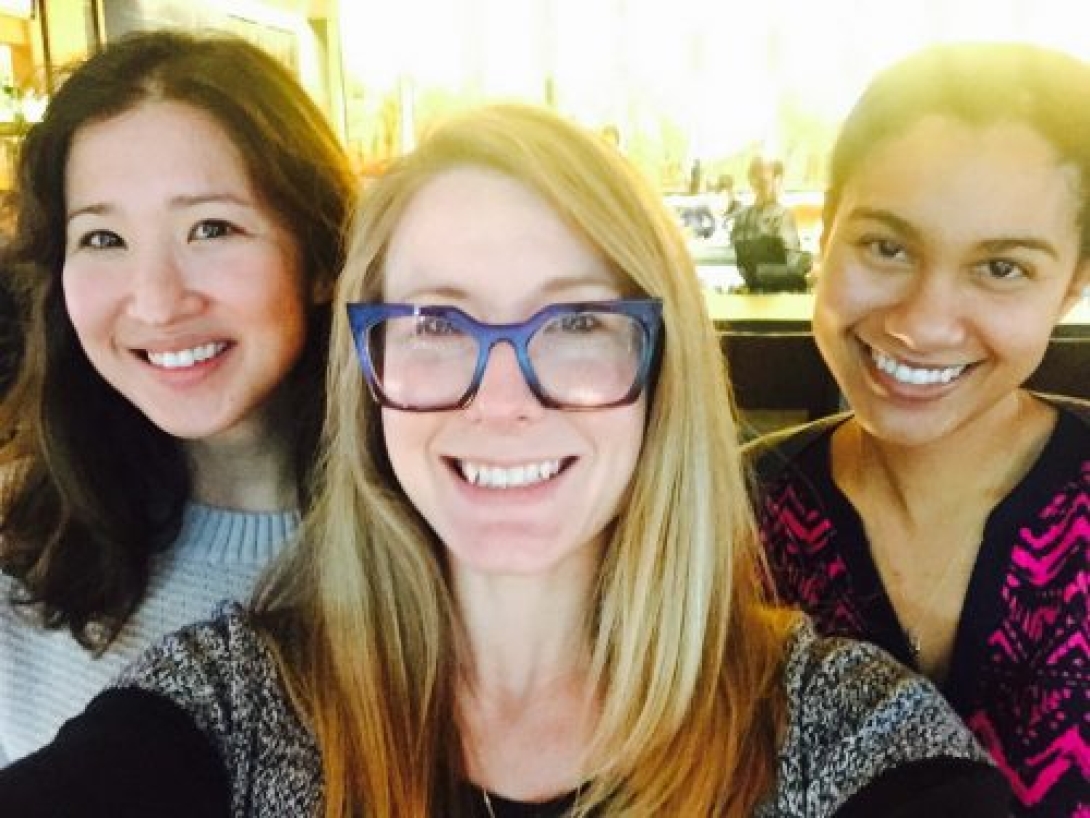
I admit that I had been feeling very burnt out prior to starting this rotation. The summer and fall were difficult for me, and it was one of those times where several events in my life made me stop and remember that I am a person, not just a medical student. I was hurting, but I pushed the feelings aside in my drive to be an excellent student. As I continued to push, I felt my compassion and empathy toward the patients I cared for slipping away. I hated how I felt, but I had no idea how to make it better.
This is the mood in which I began IM. I was trudging through a day early in the rotation when an intern (first-year resident) on the team made a simple request: provide him with one fun fact that was completely unrelated to medicine about each of the patients I was following. At first, I scoffed at the exercise. It was a simple task, but I was burnt out and cranky, so at the time, it seemed pointless. However, being the obedient med student that I am, I did what he requested and asked the patients questions about their lives outside of the hospital. I was transported down a rabbit hole into my patients' lives. I learned of their struggles and successes, the things they enjoyed and their dreams. For the first time since the summer, I felt like I was coming alive again after sleepwalking through my days for so long. I was connecting with my patients, and I suddenly remembered all of the reasons why I decided to pursue medicine in the first place. I empathized with them in their struggles, and I also got to experience the small victories with them. I cared about them and was willing to fight for them. For the first time in a while, I felt like myself again, and I can't thank that intern enough for a simple suggestion that completely changed my attitude and perspective.
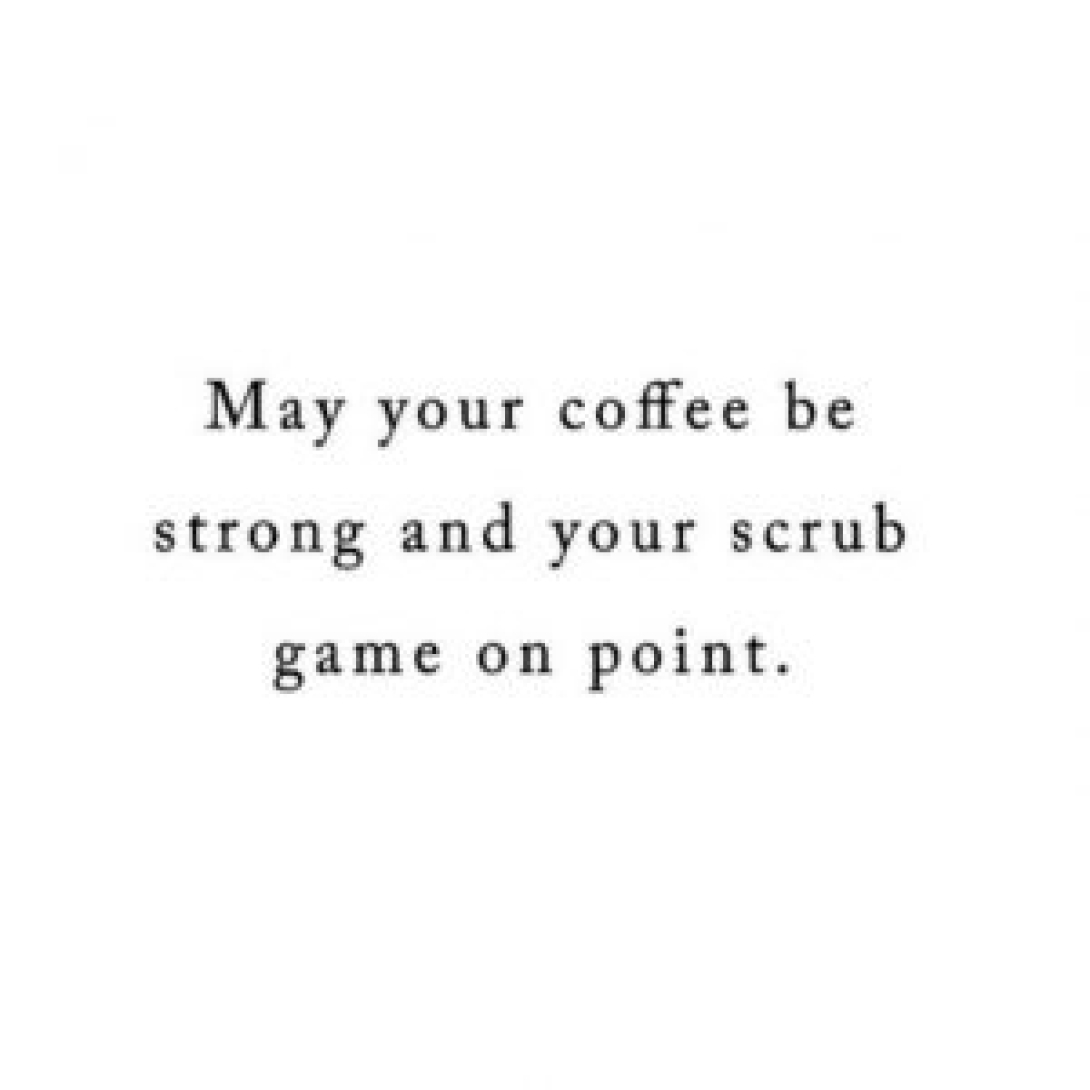
Thus, I am happy to say once again that I feel very involved with the patients that I've been following at the VA. They have been an overwhelmingly pleasant group despite a variety of ailments and conditions. One of my favorites would greet me with a hearty "hello" every morning before we began our chat of how the night went and concerns for the new day. Usually these morning meetings are relatively brief, but this particular patient always liked to chat. The Type A part of me really wanted to be efficient, check in, and move on to see my other patients, but the human side of me always won over, and I spent many mornings chatting about anything and everything with this particular patient. These visits and my afternoon check-ins soon became one of the best parts of my day. Yes, I love the medicine, but this inpatient service has also provided me with the human element that I was missing.
Unlike residents or attendings, med students have pretty much infinite time because we follow far fewer patients than the residents and have much less responsibility. We are allowed and encouraged to get to know our patients better. Sometimes the things that we learn while talking to them help improve their care. Other times, getting to know the patients is simply for our benefit. They teach us about life, not just medicine. It's a really beautiful thing.
When I started Internal Medicine, I was convinced that I would dislike it. I was wrong. I love the thought process of IM—it's like the best form of mental gymnastics. I am pulling together every piece of medical knowledge I've learned and applying it. The attending, resident, and interns on my team pushed and challenged me in so many ways, and I love it. I really do. My brain feels like it's going to explode every day, but in the best way possible. The medicine is amazing, the patients are wonderful, and this is what I always dreamed that medical school would be like. Also, the VA system itself allowed us to take more ownership of our patients and start to practice what it's like to be an intern (interns and residents do not get nearly enough credit for the sheer amount of work that they do by the way).
I am happy to say that I am once again feeling well-adjusted. I was so excited to go to work every day and see my patients. I was excited to learn how to diagnose and treat them and to get to know them as people. I am compassionate and caring again. It's amazing how one interaction can shake us to our cores and change our entire trajectory. I'm glad that happened to me because I really needed to be shaken awake. That said, burnout is real and is something that should not be taken lightly. It can harm patients, but it can also harm those in training, so if you have the chance, show a little kindness to the med students, interns, residents, fellows, and attendings you meet (I promise that they're all working their tails off behind the scenes, and kind words or actions can alter the course of a day).
Now, I have reached winter break. I am in the middle of three weeks off, and I am using the much-needed time off to recharge my batteries and reconnect with the people I care about. It has been a difficult year, but I am always optimistic for what the future brings. I have been pushed and stretched in many ways in the past year, and I feel like a different person because of it. This is how a future doctor is made, and I promise that it is quite the ride.
As always, thanks for reading. I hope that your holiday season is a wonderful one. See you in 2017.
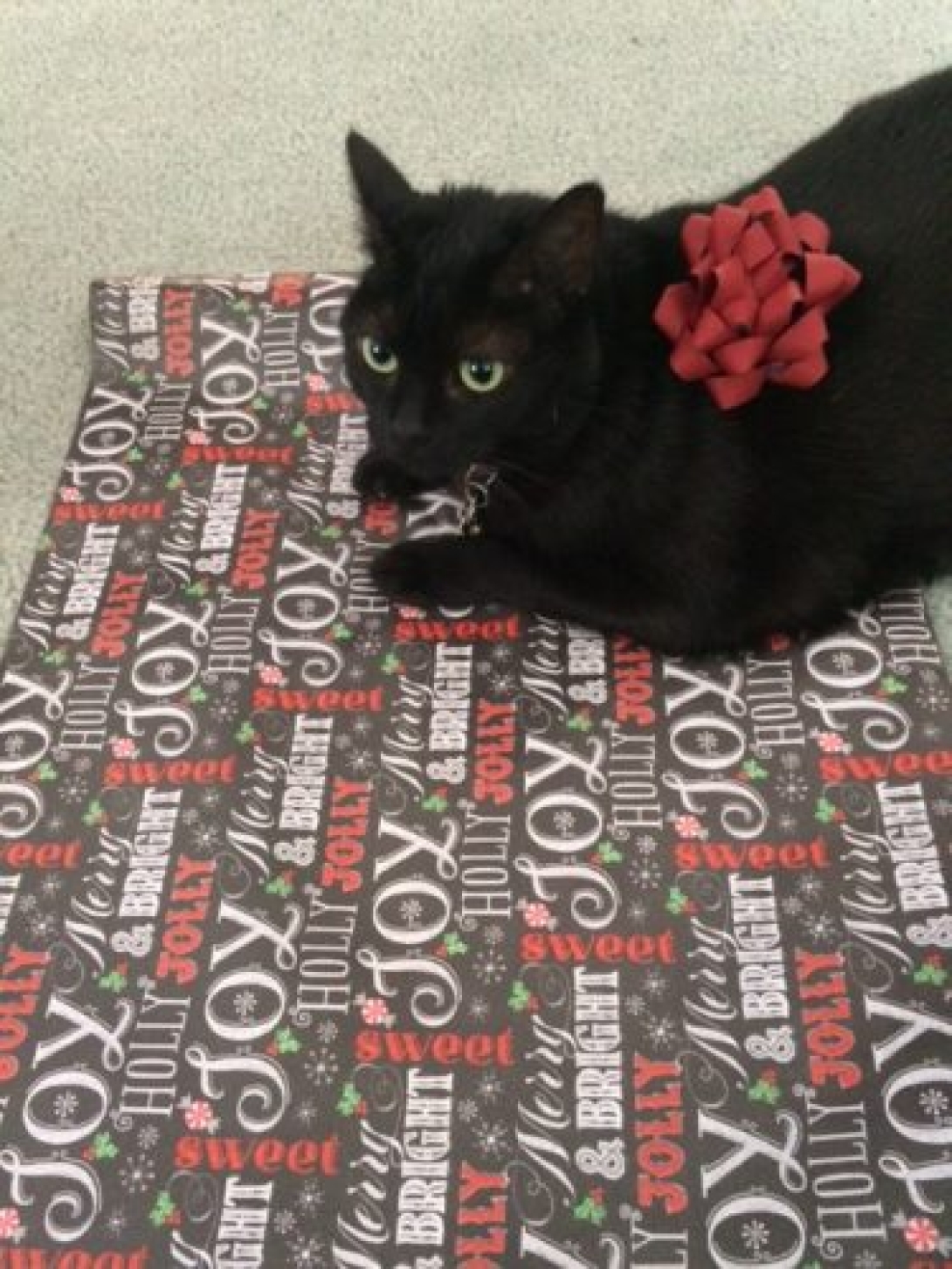

Department of Communication at Michigan Medicine
Want top health & research news weekly? Sign up for Health Lab’s newsletters today!
